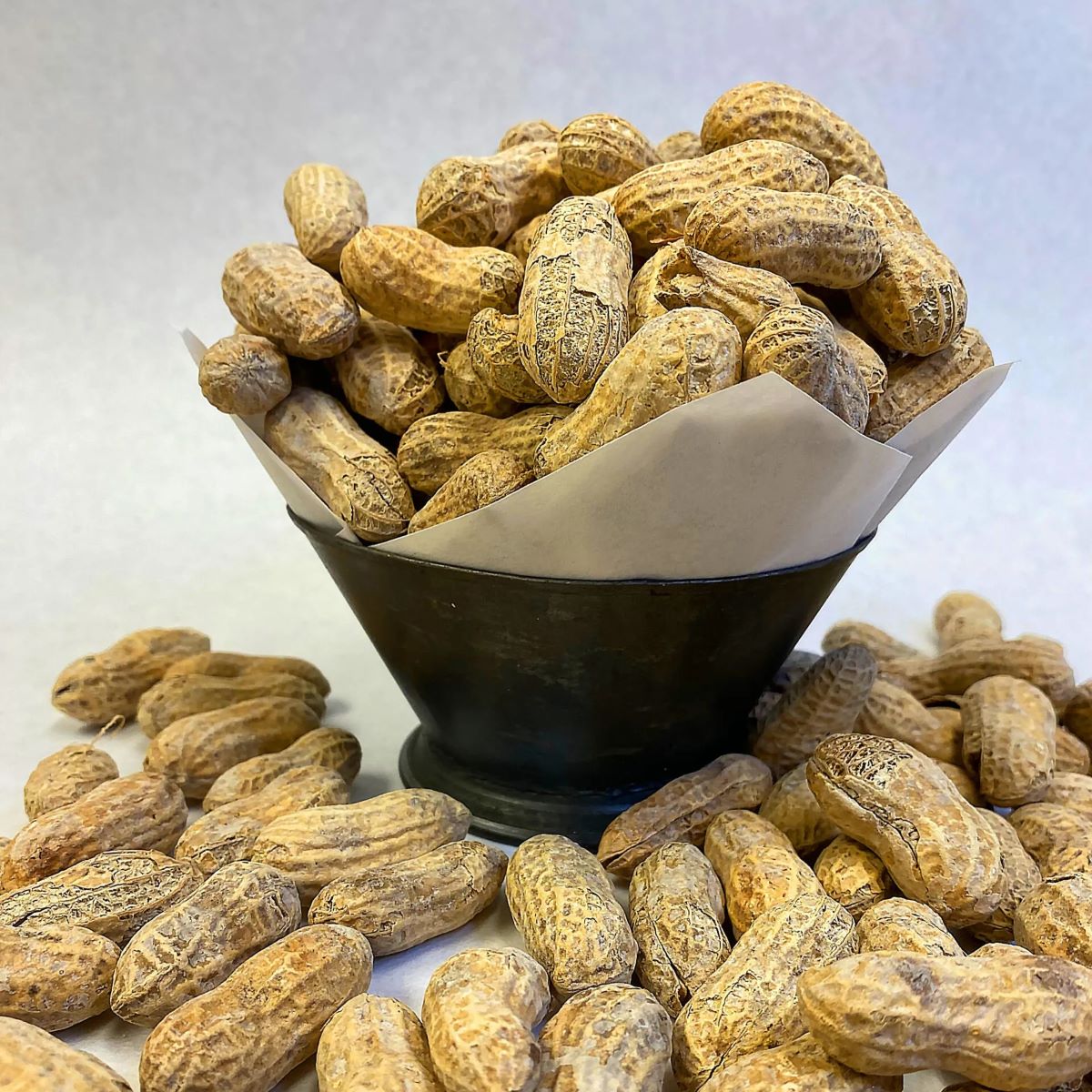

Articles
How To Store Peanuts In The Shell
Modified: May 6, 2024
Discover the best methods for storing peanuts in their shells with our informative articles. Keep your peanuts fresh and delicious for longer periods.
(Many of the links in this article redirect to a specific reviewed product. Your purchase of these products through affiliate links helps to generate commission for Storables.com, at no extra cost. Learn more)
Introduction
When it comes to snacking, peanuts are a popular choice for many people. These versatile nuts offer a satisfying crunch and are packed with essential nutrients. Whether you enjoy them roasted, salted, or even in peanut butter form, peanuts make for a delicious and nutritious treat.
However, if you want to maximize the freshness and flavor of your peanuts, it’s important to store them properly, especially if they come in the shell. Storing peanuts in the shell has several advantages, including extended shelf life, protection against pests, and preservation of the nut’s natural oils.
In this article, we will explore the best practices for storing peanuts in the shell, ensuring that they stay fresh and enjoyable for an extended period of time.
Key Takeaways:
- Storing peanuts in the shell extends shelf life, protects against pests, and preserves natural oils. Choose high-quality nuts, store in a cool, dry place, and use airtight containers for optimal freshness.
- Regularly check stored peanuts for spoilage, rotate stock, and consume within recommended timeline. Proper storage and maintenance ensure fresh, flavorful peanuts for extended enjoyment.
Read more: How To Store Raw Peanuts
Why store peanuts in the shell?
While it may be more convenient to purchase shelled peanuts, storing peanuts in the shell has several benefits that make the extra effort worthwhile.
First and foremost, keeping peanuts in their shells helps to extend their shelf life. The shells act as a protective barrier, preventing oxygen and moisture from reaching the nut. This slows down the oxidation process and helps to maintain the freshness of the peanuts for a longer period of time.
Additionally, storing peanuts in the shell provides protection against pests. The hard outer shell acts as a natural deterrent for insects and rodents, reducing the risk of infestation. This is particularly important if you live in an area prone to pests or if you plan to store the peanuts for an extended period of time.
Another advantage of storing peanuts in the shell is the preservation of their natural oils. Peanuts contain oils that can turn rancid when exposed to air and light. By keeping the peanuts in their shells, you create a barrier that slows down the oxidation process, helping to maintain the quality and flavor of the nuts.
Furthermore, storing peanuts in the shell adds an element of fun and convenience. Peanuts can be easily enjoyed straight from the shell, making them a perfect snack for parties or gatherings. The shells also make for easy cleanup, as they provide a natural container that collects any discarded shells.
In summary, storing peanuts in the shell offers benefits such as extended shelf life, protection against pests, preservation of natural oils, and added convenience. If you want to enjoy the full freshness and flavor of peanuts, keeping them in their shells is the way to go.
Choosing the right peanuts
When it comes to storing peanuts in the shell, it’s important to start with high-quality nuts. Here are a few tips on choosing the right peanuts:
- Opt for peanuts that are fresh and have a uniform size. Avoid peanuts that appear discolored, shriveled, or have an off smell, as these are signs of deterioration.
- If possible, buy peanuts that are still in their shells. This ensures that you have control over the storage conditions and can inspect the nuts for quality before purchasing.
- Choose peanuts that feel heavy for their size. This indicates that they are packed with moisture and are less likely to be stale.
- Consider the variety of peanuts you want to store. There are different types of peanuts available, such as Virginia, Spanish, Valencia, and more. Each variety has its own flavor profile and texture, so choose the one that suits your preference.
Whether you buy your peanuts from the grocery store or a local supplier, make sure to check the packaging and expiration dates. Look for peanuts in sealed bags or containers to ensure that they are protected from moisture, light, and air.
By selecting high-quality peanuts, you set yourself up for successful long-term storage and a great snacking experience.
Proper storage conditions
Creating the right environment for storing peanuts in the shell is crucial for maintaining their freshness and quality. Here are the key factors to consider when it comes to proper storage conditions:
- Temperature: Peanuts are best stored in a cool environment to slow down oxidation and preserve their natural oils. Aim for a temperature between 50°F and 70°F (10°C and 21°C). Avoid storing them in areas that are prone to temperature fluctuations, such as near the oven or in direct sunlight.
- Humidity: Peanuts should be stored in a dry environment. High humidity can cause moisture buildup, leading to mold growth and spoilage. Keep the humidity level below 75% to prevent any potential moisture-related issues.
- Ventilation: Good air circulation is important for peanuts in the shell. Make sure the storage area is well-ventilated to prevent the accumulation of stale air and moisture. This can be achieved by placing the peanuts in a ventilated container or storing them in a breathable bag.
It’s also important to note that storing peanuts near strong-smelling foods can result in flavor contamination. Peanuts have a tendency to absorb odors, so it’s best to store them separately or in a well-sealed container.
By ensuring the proper storage conditions, you can prolong the shelf life of your peanuts and maintain their optimum flavor and texture for an extended period of time.
Storing peanuts in a cool, dry place
One of the key factors in maintaining the freshness of peanuts in the shell is storing them in a cool and dry place. Here are some tips for storing peanuts in an optimal environment:
- Choose a suitable storage location: Find a cool and dry area in your home to store the peanuts. A pantry or a cupboard away from heat sources, like the stove or direct sunlight, is an excellent choice. The temperature in this area should be consistent, ideally between 50°F and 70°F (10°C and 21°C).
- Use proper containers: Place the peanuts in airtight containers to protect them from moisture and air. Sturdy glass jars, plastic containers with tight-fitting lids, or metal tins are all suitable options. Make sure the containers are clean and dry before transferring the peanuts.
- Label and date: It’s beneficial to label the containers with the date of storage. This helps you keep track of how long the peanuts have been stored and when they need to be consumed. Use a permanent marker or labels to clearly mark the container.
- Organize and stack: Arrange the containers in a neat and organized manner to maximize space. You can stack them on shelves or place them on a designated area in the pantry. This makes it easier to find and access the peanuts when you’re ready to enjoy them.
Remember to avoid storing peanuts in the shell in plastic bags or paper bags, as these do not provide adequate protection against moisture and air. Additionally, avoid storing them in the refrigerator, as the fluctuating temperature and high humidity can negatively impact their quality.
By following these guidelines, you can ensure that your peanuts are stored in an ideal environment, preserving their freshness and flavor for an extended period of time.
Store peanuts in the shell in a cool, dry place to prevent them from becoming rancid. A pantry or cupboard works well, as long as it is away from moisture and direct sunlight.
Read more: How To Store Roasted Peanuts
Using airtight containers for peanut storage
When it comes to storing peanuts in the shell, using airtight containers is crucial in order to maintain their freshness and protect them from moisture and air. Here’s why airtight containers are essential for peanut storage:
- Preserve freshness: Airtight containers create a sealed environment that helps to preserve the freshness of the peanuts. By preventing air from entering the container, you minimize the exposure to oxygen, which can lead to oxidation and a loss in flavor and quality.
- Prevent moisture buildup: Moisture is the enemy when it comes to storing peanuts. Airtight containers keep moisture out, preventing it from causing mold or spoiling the nuts. This is particularly important in humid environments or during the warmer months when moisture levels are higher.
- Protect against pests: Airtight containers act as a barrier against pests such as insects and rodents. The hard shell of the peanuts may deter pests, but using an additional layer of protection ensures that your peanuts remain pest-free.
- Convenience: Airtight containers make it easy to store and access your peanuts. They come in various sizes and shapes, allowing you to choose containers that suit your storage needs. Plus, they keep your pantry organized and prevent spills or contamination from other food items.
When selecting airtight containers for peanut storage, opt for options made of glass, plastic, or metal. These materials are sturdy and seal tightly, keeping the peanuts fresh for a longer period of time. Avoid containers with weak seals or lids that don’t fit securely, as they may not provide the necessary airtightness.
Remember to clean and dry the containers thoroughly before transferring the peanuts to ensure optimal storage conditions. Additionally, label the containers with the date of storage, allowing you to keep track of their freshness and consumption timeline.
By utilizing airtight containers, you can effectively protect your peanuts in the shell from moisture, pests, and oxygen, ensuring that they stay fresh and delicious for an extended period of time.
Avoiding exposure to light and moisture
When storing peanuts in the shell, it’s crucial to protect them from exposure to light and moisture, as these factors can accelerate spoilage and affect the overall quality of the nuts. Here are some key tips for avoiding light and moisture exposure:
- Choose a dark storage location: Find a place where your peanuts can be stored in darkness or minimal light. Exposure to light can cause the peanuts to deteriorate more quickly and may lead to the loss of their natural oils and flavor. Consider using a pantry, cupboard, or a dark corner in your kitchen for peanut storage.
- Keep away from water sources: Ensure that the area where you store your peanuts is free from moisture sources. Avoid placing them near sinks, dishwashers, or any other water-related appliances. Even a minor exposure to water can lead to the growth of mold and spoilage.
- Use opaque containers: Opt for containers that are light-blocking or opaque to shield the peanuts from exposure to light. Clear containers can allow light to pass through and accelerate the degradation of the nuts. Opaque containers, such as metal tins or dark-colored plastic containers, are ideal for maintaining a dark environment.
- Avoid opening the containers unnecessarily: Whenever possible, refrain from opening the containers or exposing the peanuts to air unnecessarily. Each time the container is opened, it allows moisture and oxygen to enter, which can impact the freshness and quality of the peanuts. Only open the containers when you are ready to consume or inspect them.
In addition to protecting the peanuts from light and moisture, it’s important to periodically check the storage area for any signs of dampness or condensation. Moisture buildup can occur in humid environments or due to temperature fluctuations. If you notice any moisture, make sure to address the source of the issue and ensure a dry storage environment.
By taking precautions to avoid exposure to light and moisture, you can effectively prolong the shelf life of your peanuts in the shell and maintain their optimal quality and flavor.
Checking for signs of spoilage
When storing peanuts in the shell, it’s important to regularly check for signs of spoilage to ensure that the nuts remain fresh and safe to consume. Here are some indicators to look out for:
- Mold or fungus: Inspect the peanuts for any signs of mold or fungus growth. If you notice fuzzy spots, discoloration, or an unpleasant odor, it’s a clear indication that the peanuts have spoiled. Mold can be harmful if consumed, so it’s best to discard any peanuts that show signs of contamination.
- Off smells: Give the peanuts a sniff to check for any unusual or rancid odors. Fresh peanuts have a mild, nutty aroma. If you detect a sour or musty smell, it’s likely that the peanuts have gone bad and should not be consumed.
- Texture and appearance: Examine the shells for any cracks, splits, or damage. Damaged shells can indicate that the nuts might be stale or exposed to external elements. Additionally, if the peanuts feel soft, rubbery, or have a shriveled appearance, they may have lost their moisture and are no longer fresh.
- Taste test: If the peanuts pass the visual and smell test, you can take a small taste to ensure they still have a fresh and flavorful profile. Stale or spoiled peanuts may taste bland, stale, or have an off flavor. Trust your taste buds and discard any peanuts that don’t taste right.
It’s important to note that peanuts can become rancid over time, especially if exposed to air and light. If you notice an unpleasant, bitter taste, it’s a clear sign that the nuts have gone rancid and should be discarded.
Regularly inspect your stored peanuts for any of these signs of spoilage. If you notice any of them, it’s best to err on the side of caution and dispose of the peanuts. Consuming spoiled peanuts can lead to foodborne illnesses and should be avoided.
By staying vigilant and checking for signs of spoilage, you can ensure that the peanuts you consume are safe, fresh, and enjoyable.
Maintaining the quality of stored peanuts
Ensuring the long-term quality of stored peanuts in the shell requires proper care and attention. Here are some tips to help maintain the freshness and flavor of your peanuts:
- Rotate your stock: If you buy peanuts regularly, make sure to rotate your stock. Use the “first in, first out” principle, where you consume the oldest peanuts first. This helps to prevent any peanuts from sitting in storage for an extended period of time.
- Store in small portions: Consider storing peanuts in smaller portions, especially if you don’t consume them frequently. This allows you to open containers less often, reducing exposure to air and moisture. You can divide your peanuts into smaller airtight containers or use sealable bags for portioning.
- Avoid temperature fluctuations: Maintain a consistent storage environment by avoiding temperature fluctuations. Fluctuating temperatures can negatively impact the quality and texture of the peanuts. Keep the storage area away from appliances that generate heat or cold, such as the stove, refrigerator, or freezer.
- Don’t mix with other foods: To avoid flavor contamination, it’s best to store peanuts separately from other foods with strong odors. Peanuts can absorb odors easily, which can affect their taste. Store peanuts in their own containers or in a dedicated section of your pantry.
- Consume within the recommended timeline: While peanuts in the shell can have a longer shelf life compared to shelled peanuts, they still have a limited lifespan. Check the expiration or best-by date on the package of peanuts and aim to consume them within that timeframe. Freshness and quality diminish over time, so it’s best to enjoy them while they are at their best.
Remember, proper storage and maintenance of peanuts will help preserve their taste, texture, and nutritional value. Regularly perform visual inspections and trust your senses to determine if the peanuts are still suitable for consumption.
By implementing these practices, you can ensure that your stored peanuts in the shell remain fresh, flavorful, and enjoyable for an extended period of time.
Read more: How To Store Shotgun Shells
Conclusion
Storing peanuts in the shell is a great way to extend their shelf life and preserve their freshness for a longer period of time. By following the proper storage techniques, you can ensure that your peanuts remain delicious and enjoyable whenever you decide to snack on them.
Choosing high-quality peanuts, storing them in a cool and dry place, and using airtight containers are essential steps in maintaining the quality of stored peanuts. Avoiding exposure to light and moisture, regularly checking for signs of spoilage, and properly rotating your stock are additional measures to keep in mind.
Remember to consume your peanuts within the recommended timeline and trust your senses when assessing their quality. If you notice any signs of spoilage, it’s best to discard them to avoid any potential health risks.
Whether you’re enjoying peanuts as a snack, adding them to your recipes, or using them as a garnish, properly storing peanuts in the shell ensures that you’ll always have a fresh and flavorful supply on hand.
So, grab your favorite airtight container, find a cool and dry storage spot, and start enjoying the goodness of stored peanuts in the shell today!
After mastering the art of storing peanuts, why not tidy up your food storage space as well? Learn how to efficiently organize pantry spaces, ensuring everything is easy to find and beautifully arranged. From tips on maximizing space to clever hacks for keeping your supplies in order, this guide will transform your pantry closet into a model of organization. Step into a more organized kitchen today.
Frequently Asked Questions about How To Store Peanuts In The Shell
Was this page helpful?
At Storables.com, we guarantee accurate and reliable information. Our content, validated by Expert Board Contributors, is crafted following stringent Editorial Policies. We're committed to providing you with well-researched, expert-backed insights for all your informational needs.
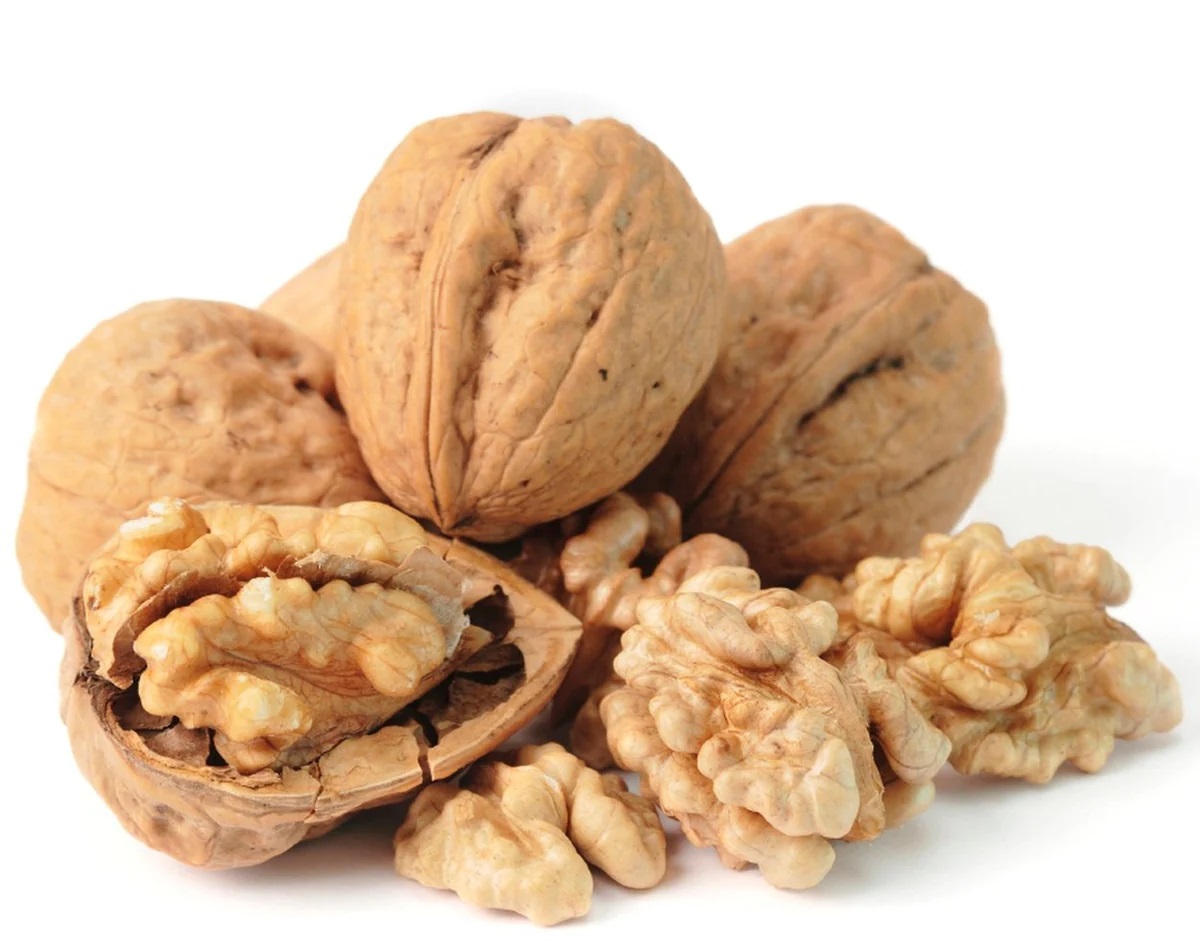
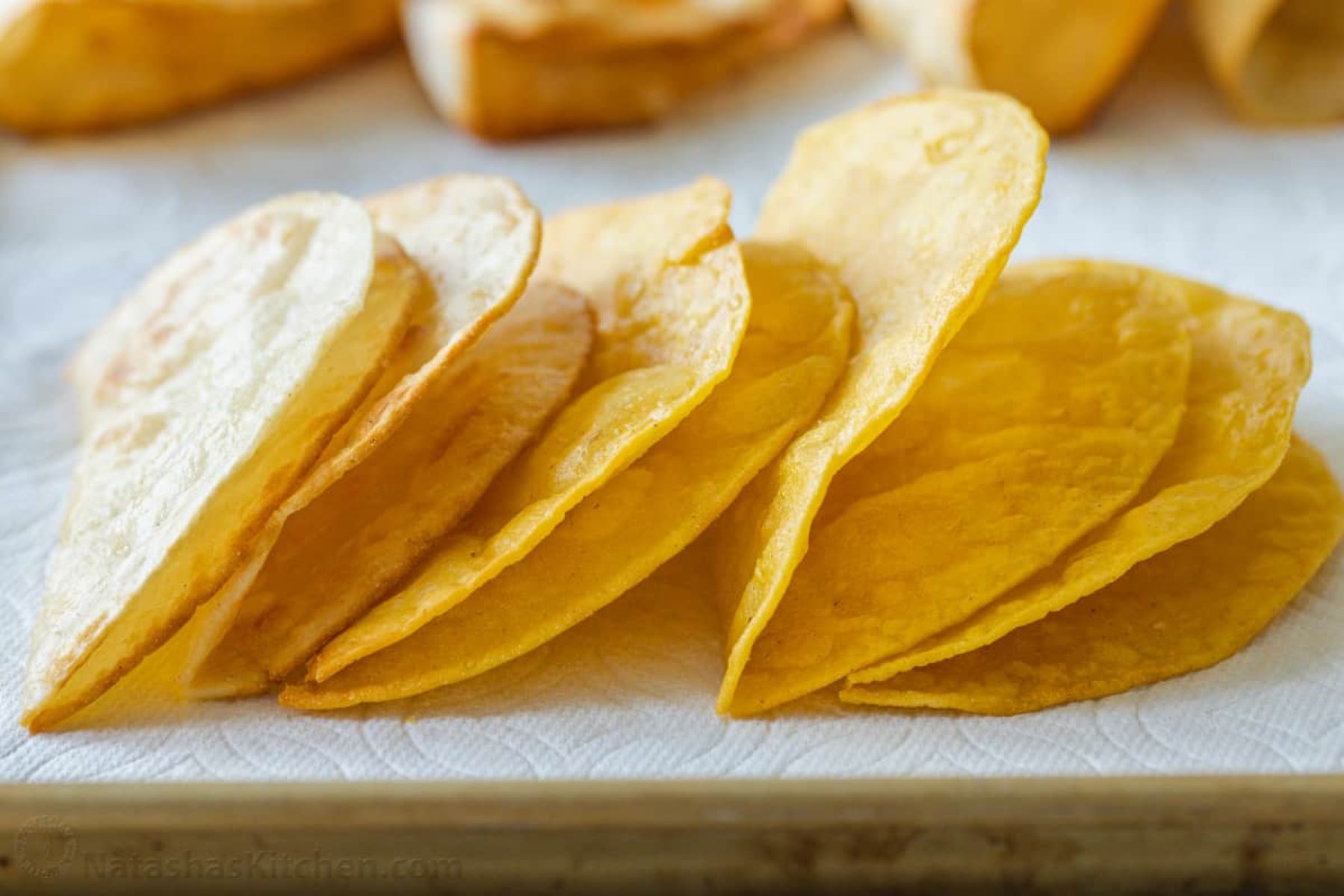
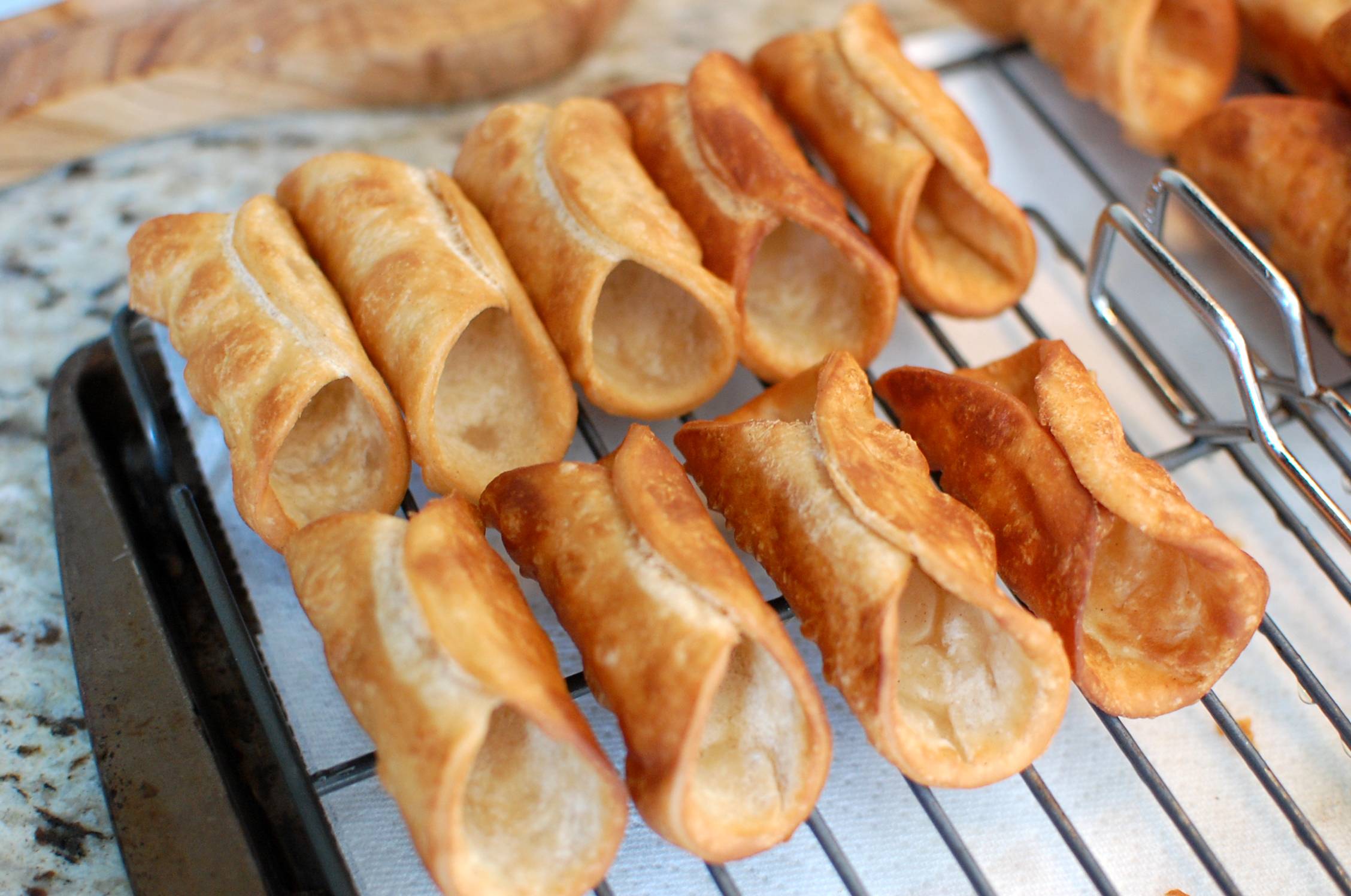
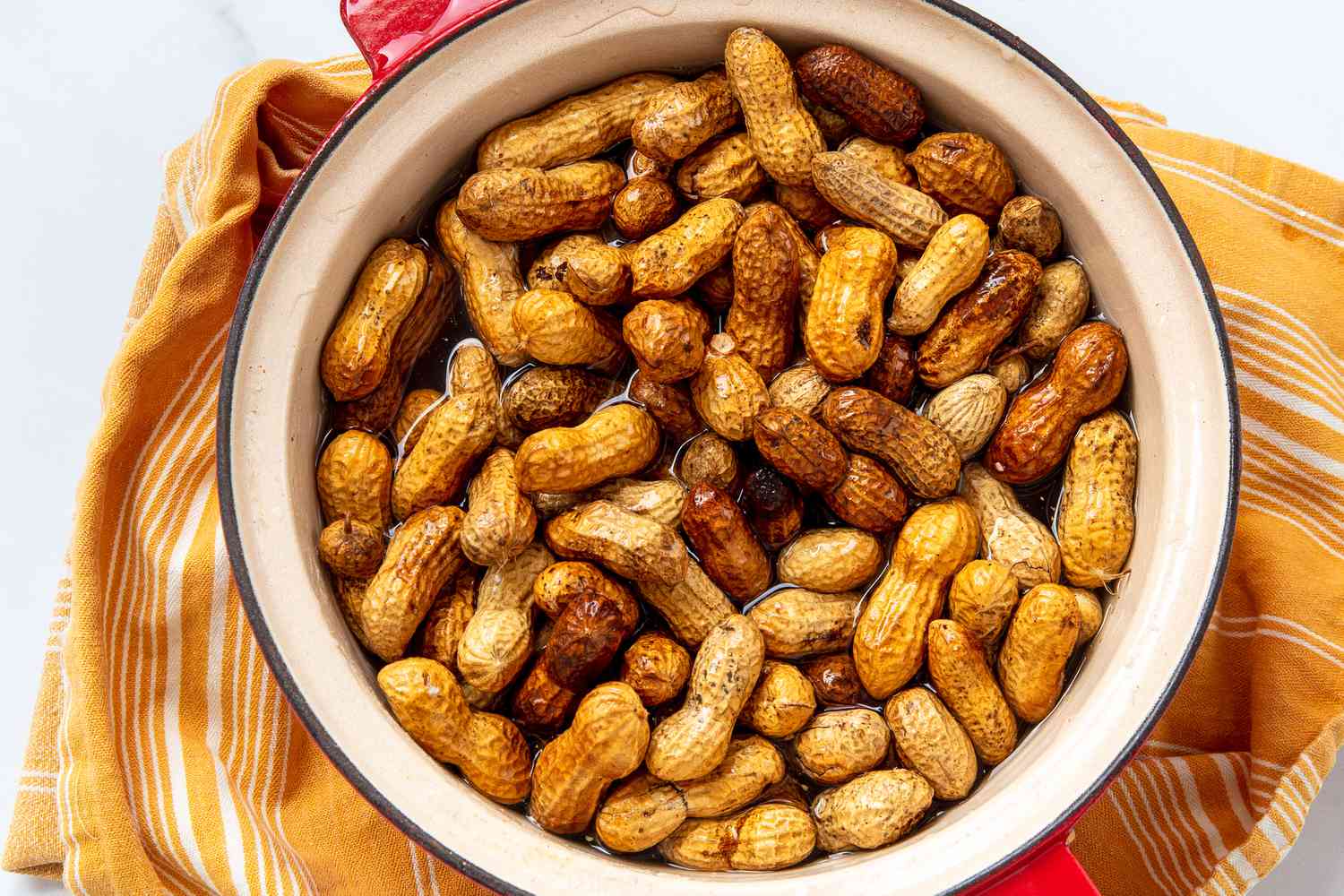
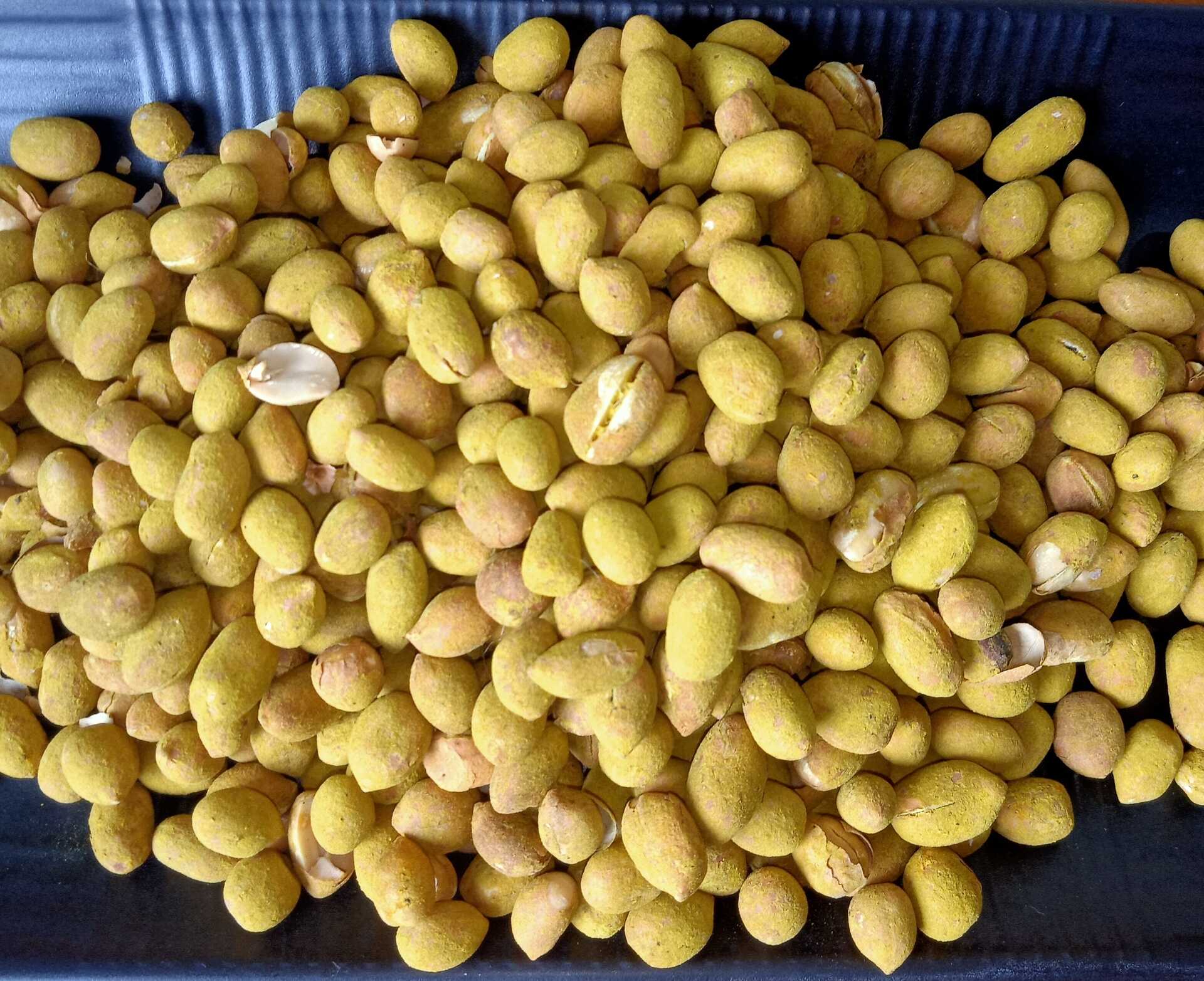
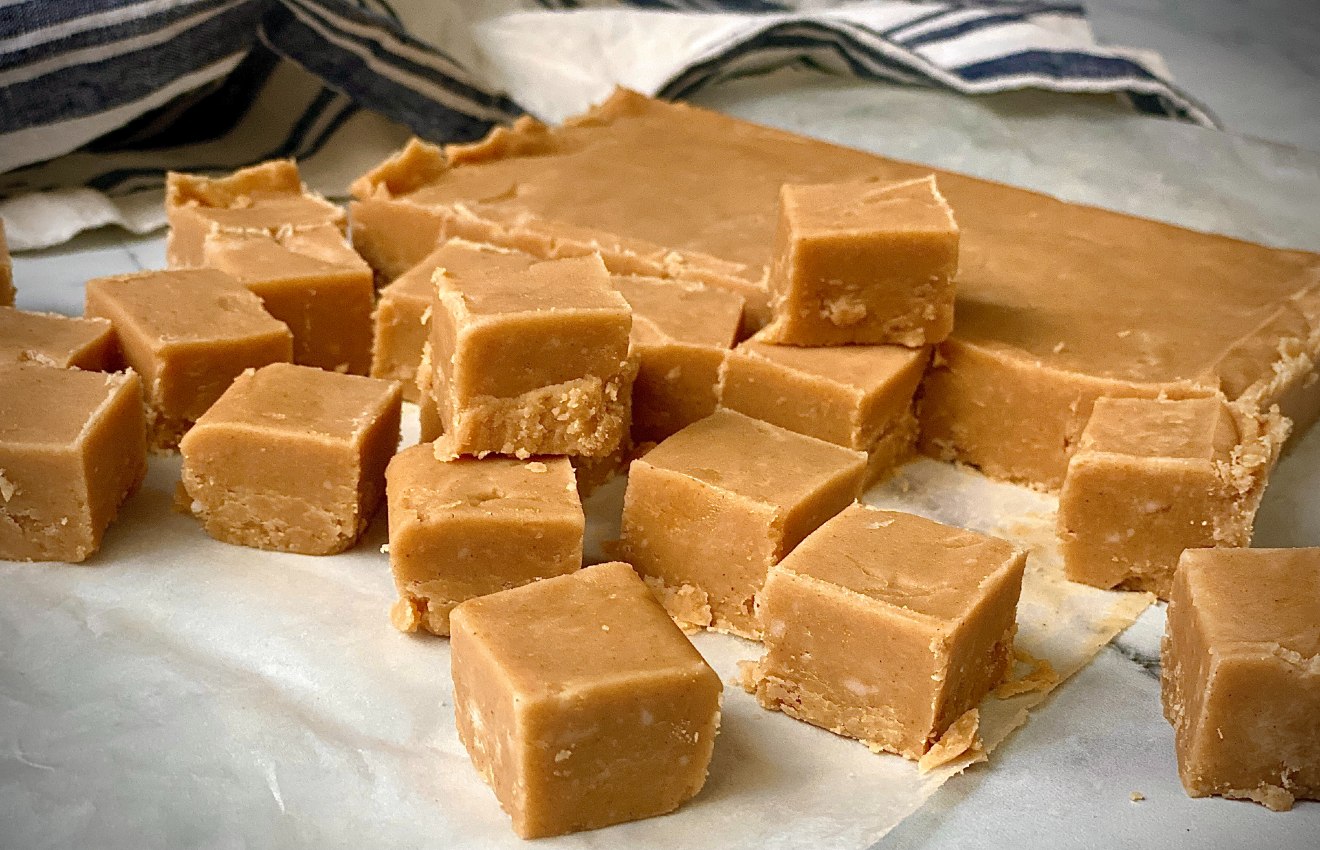
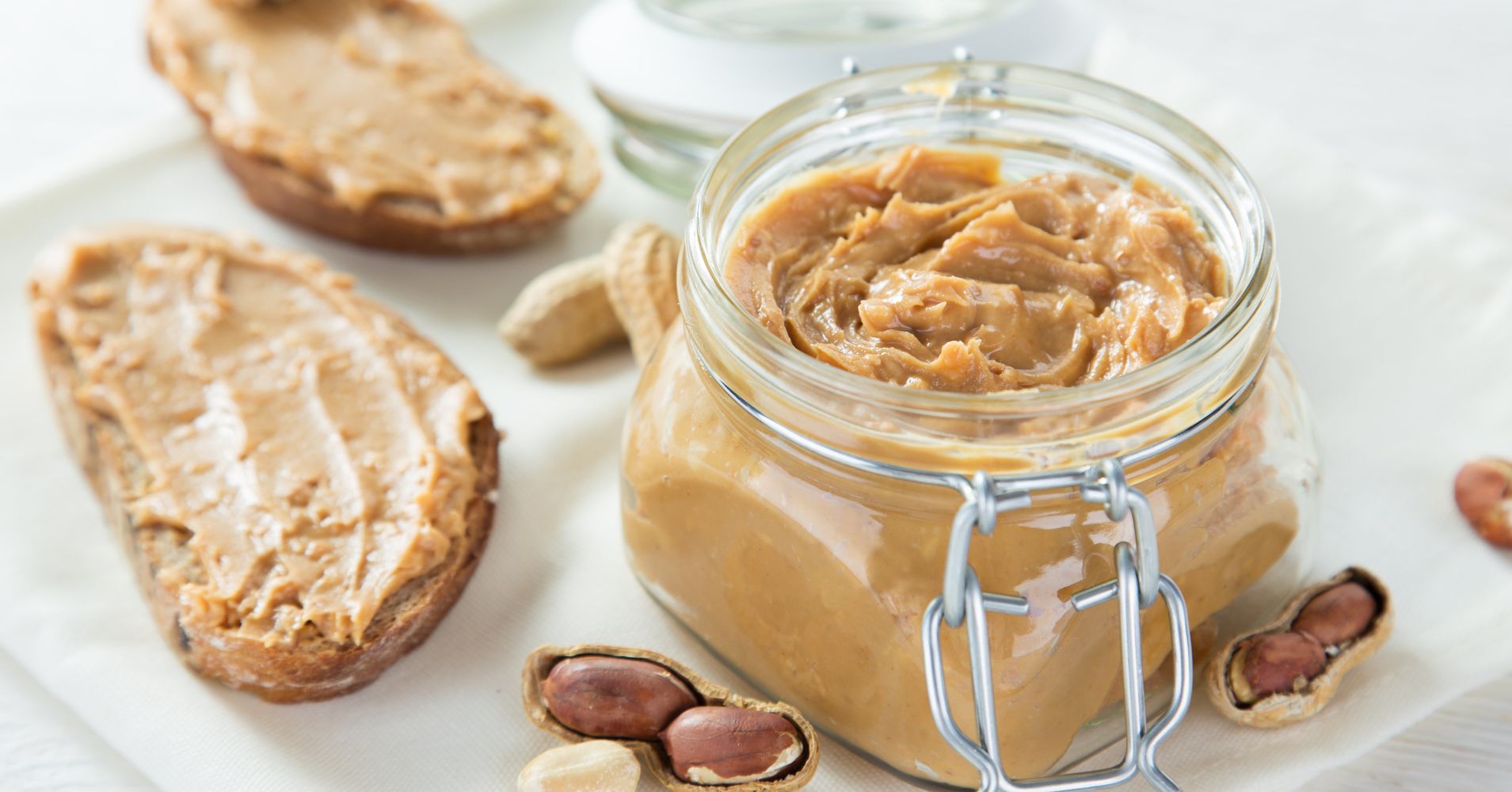
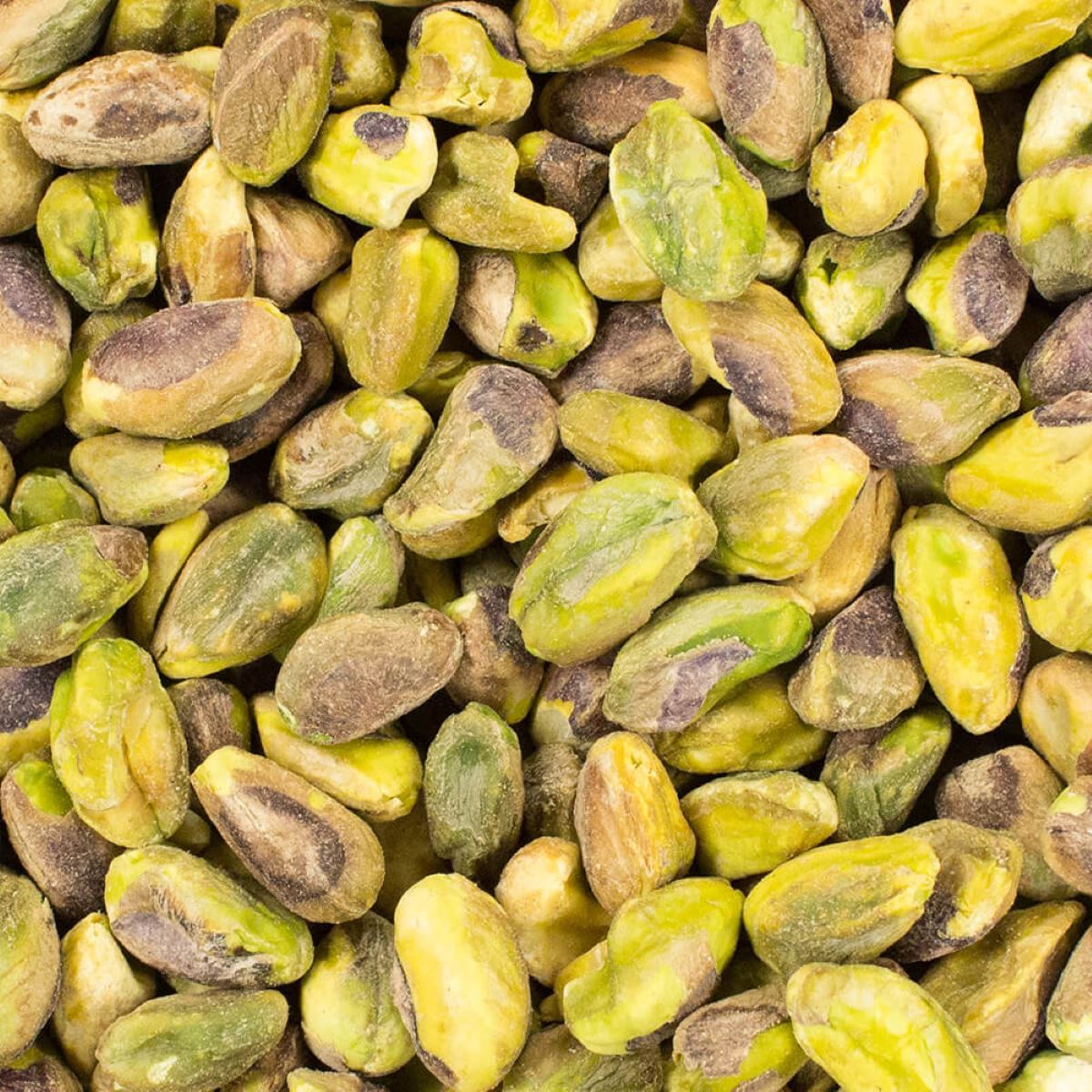
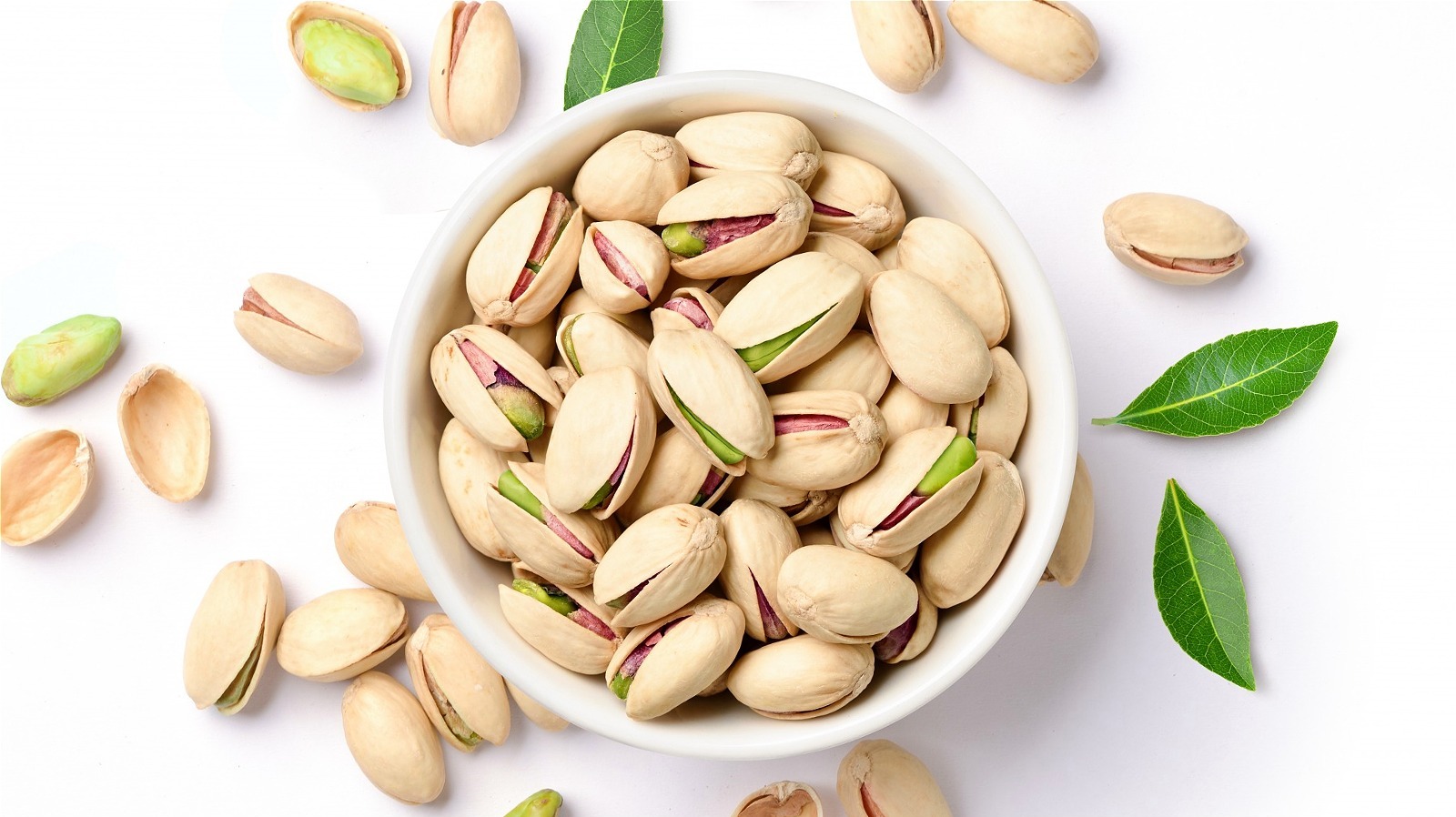
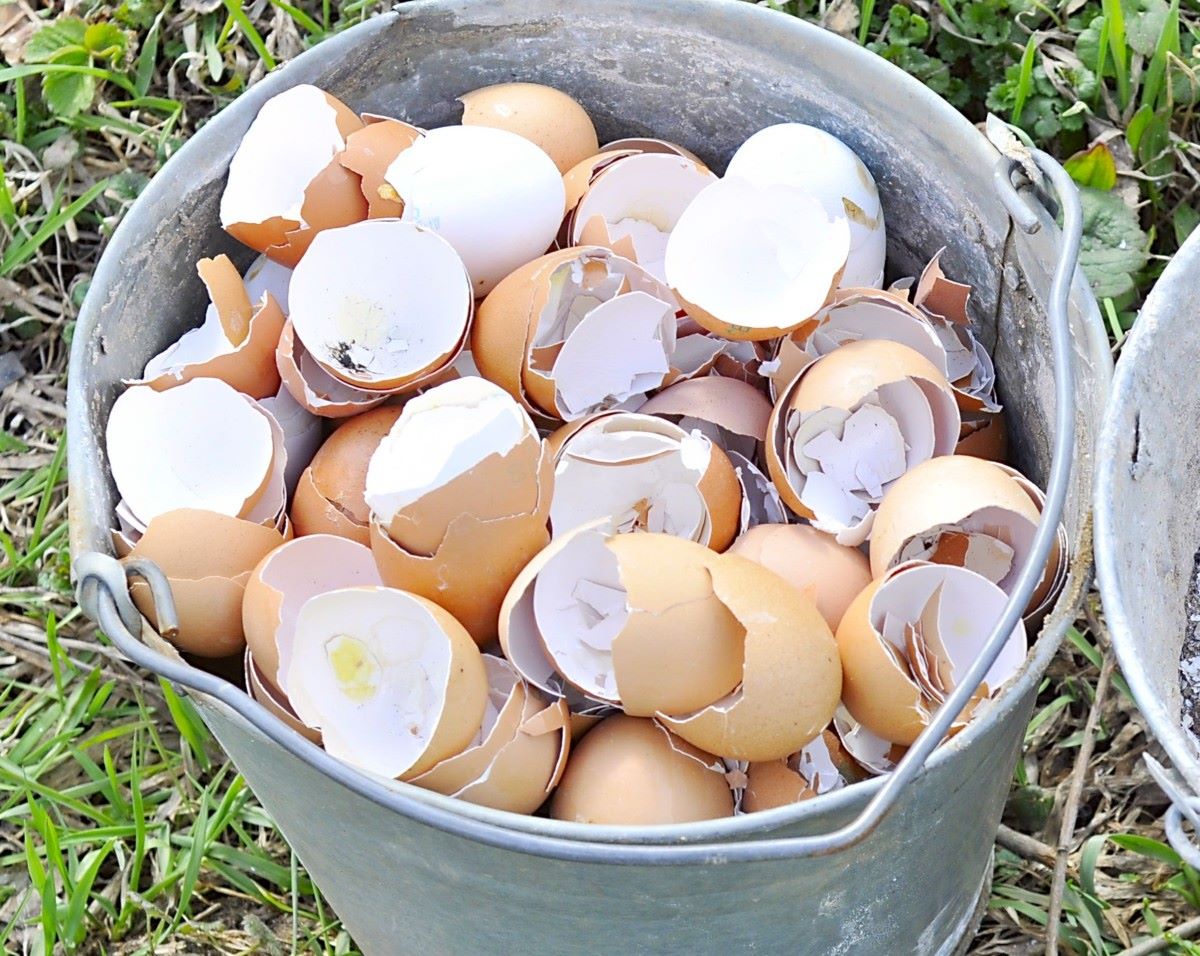
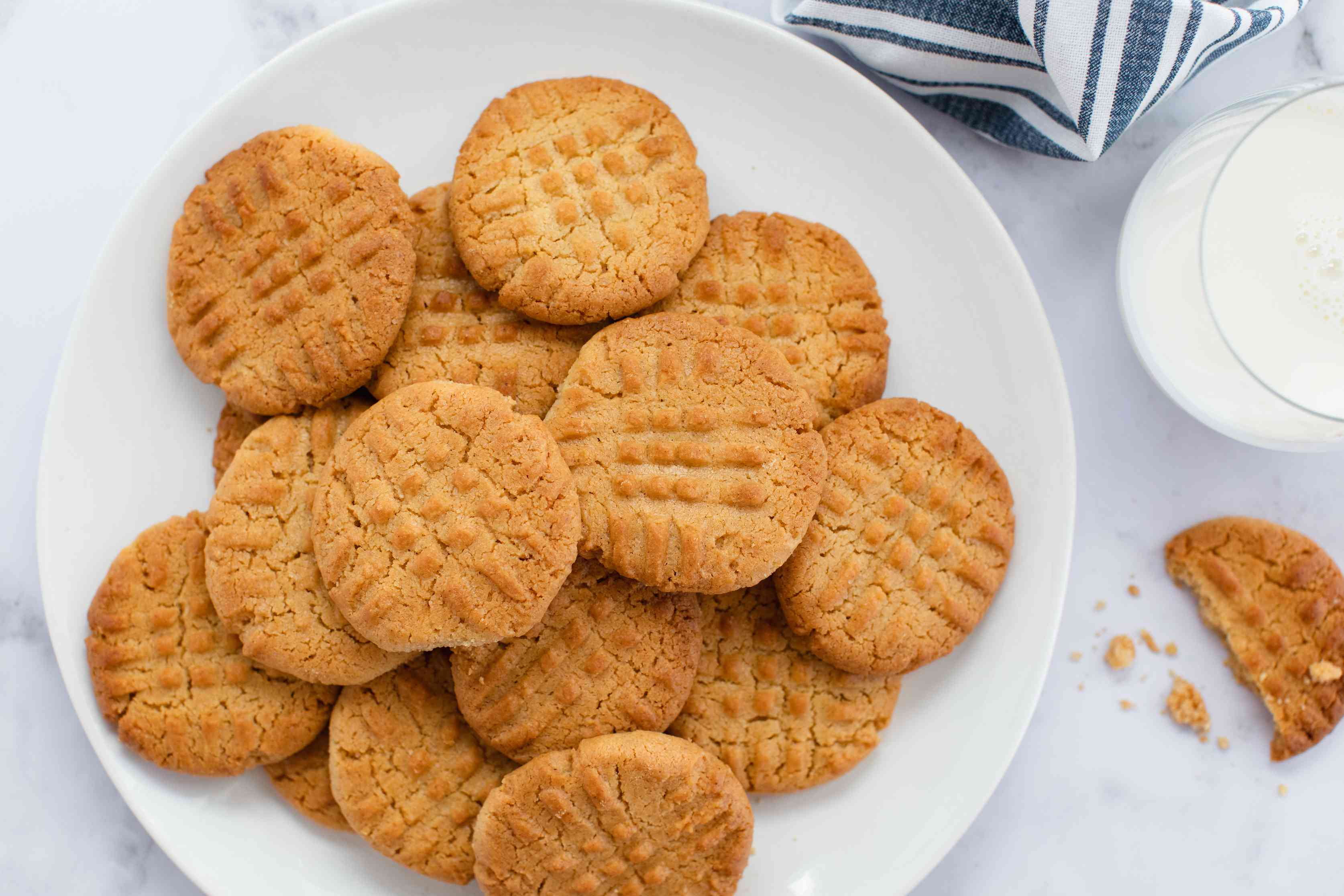
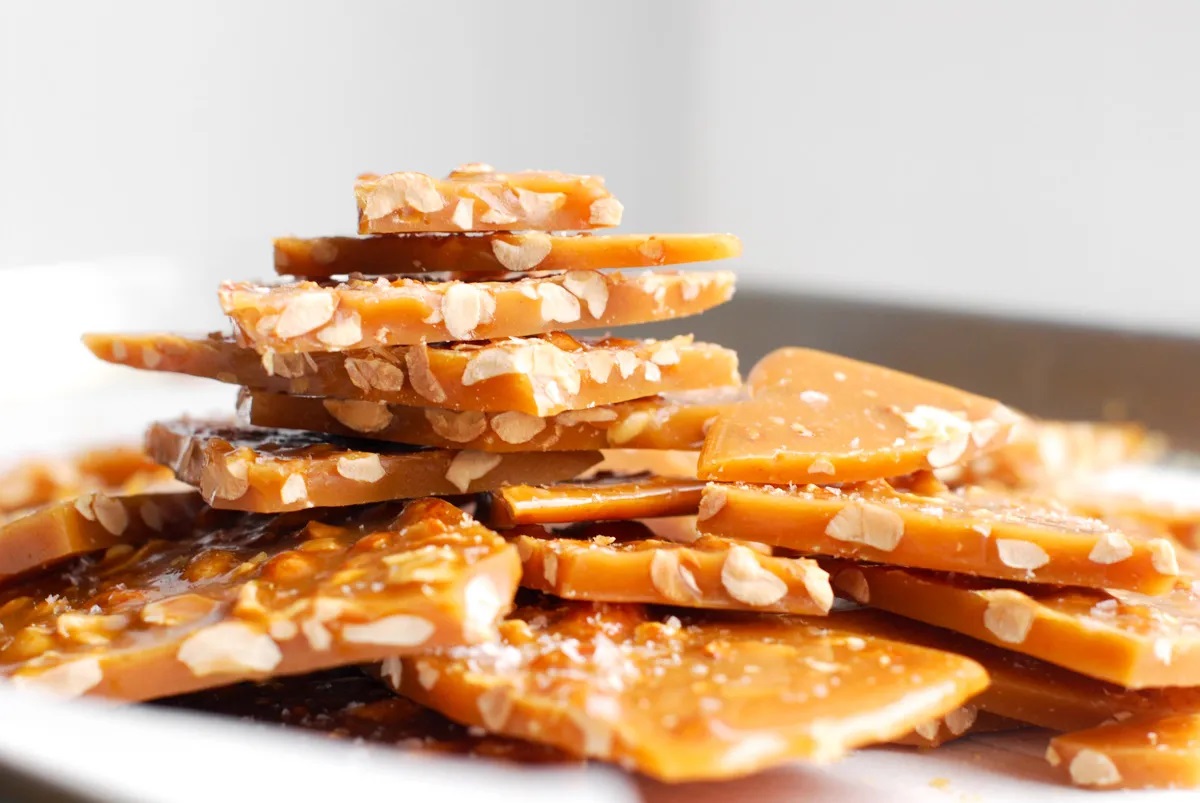
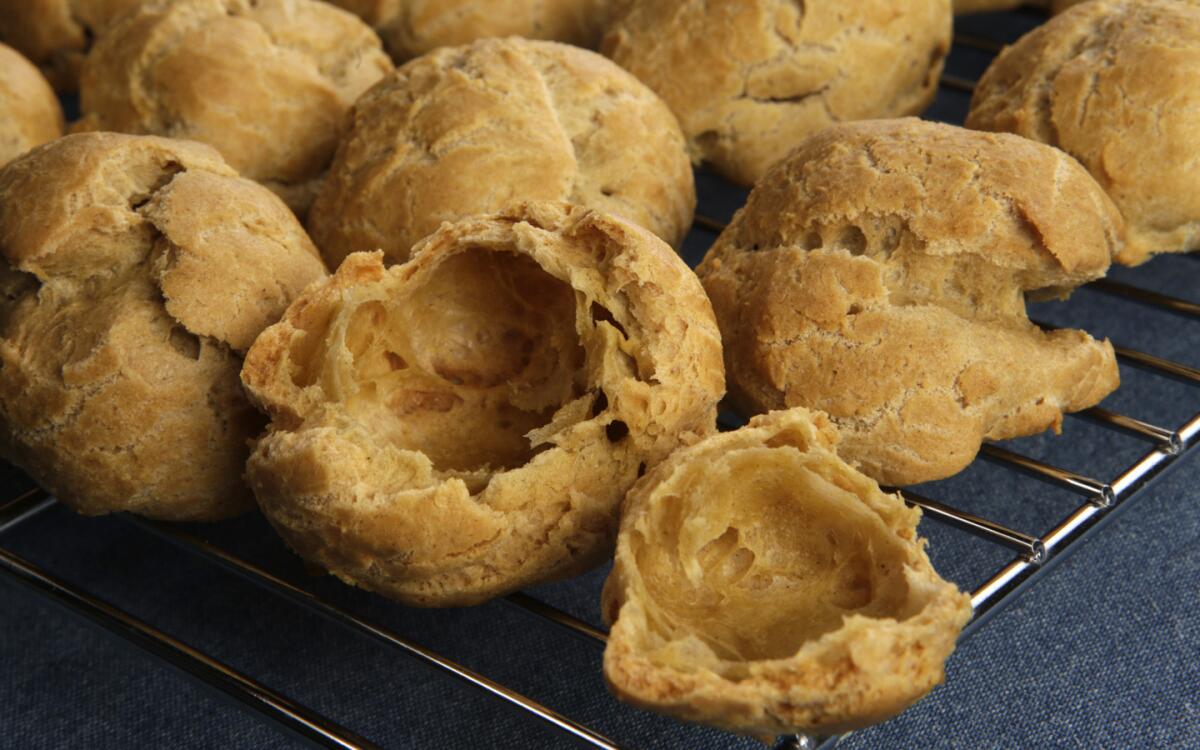

0 thoughts on “How To Store Peanuts In The Shell”